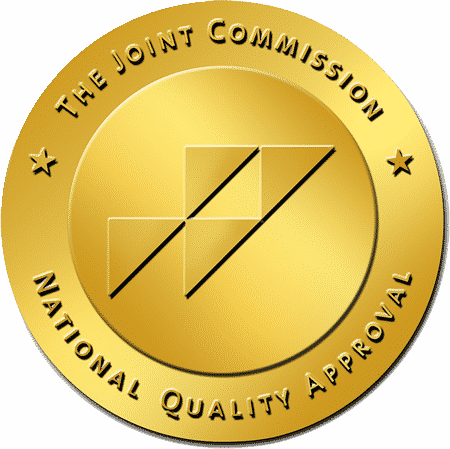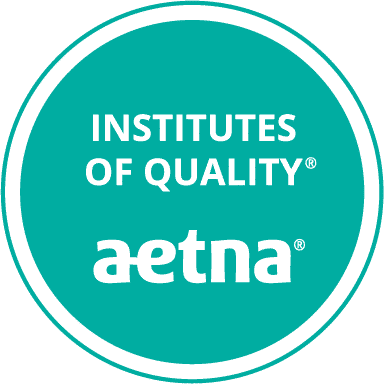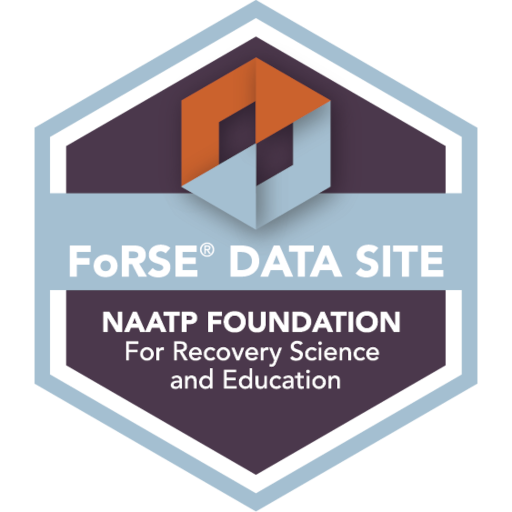More than 40 to 60 percent of persons in recovery from substance use disorders have at least one relapse, according to the Journal of American Medical Association. It makes good sense to know the signs of relapse to improve the chances of avoiding or at least moderating a relapse.
As part of an addiction treatment program, patients–and their families–should learn the signs of relapse and relapse warning signs that could precede a return to active addiction. The use of warning signs to head off relapse can be critical in preventing a return to drug or alcohol use.
Tools to prevent relapse include cognitive behavior therapy, relaxation techniques. and participation in support groups such as Alcoholics Anonymous.
Individual counseling can reveal personal triggers and compulsive behaviors that may also play a role in whether relapse occurs or preventing relapse.
What are Some Relapse Warning Signs?

Early relapse warning signs include:
- Sudden changes in attitude
- Increased stress
- Increased denial
- A recurrence of withdrawal symptoms
- Poor self-care such as unhealthy sleeping habits
- Mood swings
- Less socializing, avoiding their support system
- Abandoning routines; missing meetings and therapy appointments
- Engaging in high-risk situations
- Irrational choice-making
- Limiting their choices.
What to do When Signs of Relapse Occur?
If these warning signs are apparent, it is a good time to put cognitive therapy and relaxation techniques learned during recovery training into action.
Cognitive behavior training (CBT) helps to offset negative thoughts that often underlie addictive thinking. They can lead to anxious feelings, resentment, stress, and depression. And these can lead to drug and alcohol use.
The person in recovery can also the warning signs mentioned above and turn them 180 degrees.
- Work toward a positive attitude, be grateful.
- Seek to lower stress levels.
- Admit the reality of the situation and be honest with oneself.
- Take good self-care; get adequate sleep, eat a healthy diet and exercise.
- Spending time with friends and family.
- Volunteer, get involved with people
- Avoid high-rise situations if possible.
- Look for opportunities and be open to them.
Three Stages of Relapse
Relapse can be a slow process through several stages. Here is a version with three states starting with emotional relapse as the first stage, followed by emotional relapse, and ending with physical relapse.
Emotional Relapse
People in recovery may not be contemplating using again after treatment, but their emotions and unhealthy behavior can set the stage for relapse. Denial can be strong during this first stage of relapse.
Signs of emotional relapse include stifling emotions, wanting to be alone, missing support meetings, not sharing during meetings, emphasizing other peoples’ issues, poor nutrition, and not getting enough sleep.
Mental Relapse
During mental relapse, the second stage of relapse, the person in recovery is mentally at war with themselves. As the mental relapse stage proceeds, thoughtful resistance to drug abuse wanes and the perceived need to “escape” through drug use increases.
Signs of mental relapse include a craving for substances, having only pleasant memories of past use, minimizing the risks or relapse, making deals, lying to others and oneself, thinking drug or alcohol use can be controlled, looking for opportunities, and planning how to do it.
Physical Relapse
Physical relapse, the third and final stage of three stages of addiction relapse, is when the person takes the substance.
Physical relapse occurs often as an act of opportunity. After they’ve been through treatment, a person thinks they can get away with just one drink or a pill and no one will know about it.
Those in the recovery process need to mentally rehearse these three stages as part of their relapse prevention plan so they can recognize them and avoid relapse.
Learning the necessary coping skills and having a relapse prevention plan is essential to staying sober.
Relapse is Not Final
There are lots of people in long-term recovery who relapsed many times before it “took.” Addiction is a chronic condition, it never “goes away.”
The relapsed substance abuse patient may feel guilt or shame after relapsing, but they should not. It is important is to discover what worked and what didn’t work during the previous treatment and learn how to do better the next time.
This may involve finding there are personal triggers of which they were unaware. Being successful the next time may be as simple as identifying those triggers and being prepared for them.
Addiction Treatment at La Hacienda

Addiction recovery begins when a patient arrives at La Hacienda Treatment Center. The staff does a thorough assessment of their physical and mental health, including past substance use. substance abuse problems, and co-occurring disorders.
With this information, they formulate the right treatment for substance abuse for each patient with a goal of long-term sobriety and a sustainable recovery.
La Hacienda’s treatment facilities include a modern Special Care Unit which houses a detoxification facility, and offices for the on-campus addiction medicine-certified physicians and excellent nursing staff.
Substance abuse treatment at La Hacienda includes individual and group counseling with licensed therapists, daily visits with the medical staff, and consultation for medical concerns as needed.
Relapse Prevention Training
As part of training for the long-term recovery process, patients receive education about the warning signs of relapse into substance abuse.
Tools for maintaining sobriety are also offered. Cognitive behavior therapy is part of the counseling process and patients can learn meditation techniques.
If you or someone you know is having a problem with substance abuse–either drugs or alcohol–phone (800) 749-6160 and talk with one of our helpful onsite admission specialists today.

Treating Relapse
In early recovery, patients learn how to recognize the initial stages of potential addiction relapse, when their relapse prevention plans may have the best chance of success. The main substance dependence relapse prevention tools are cognitive therapy and mind-body relaxation. They offset negative thinking, improve mental health and emotional health, and develop healthy coping skills.
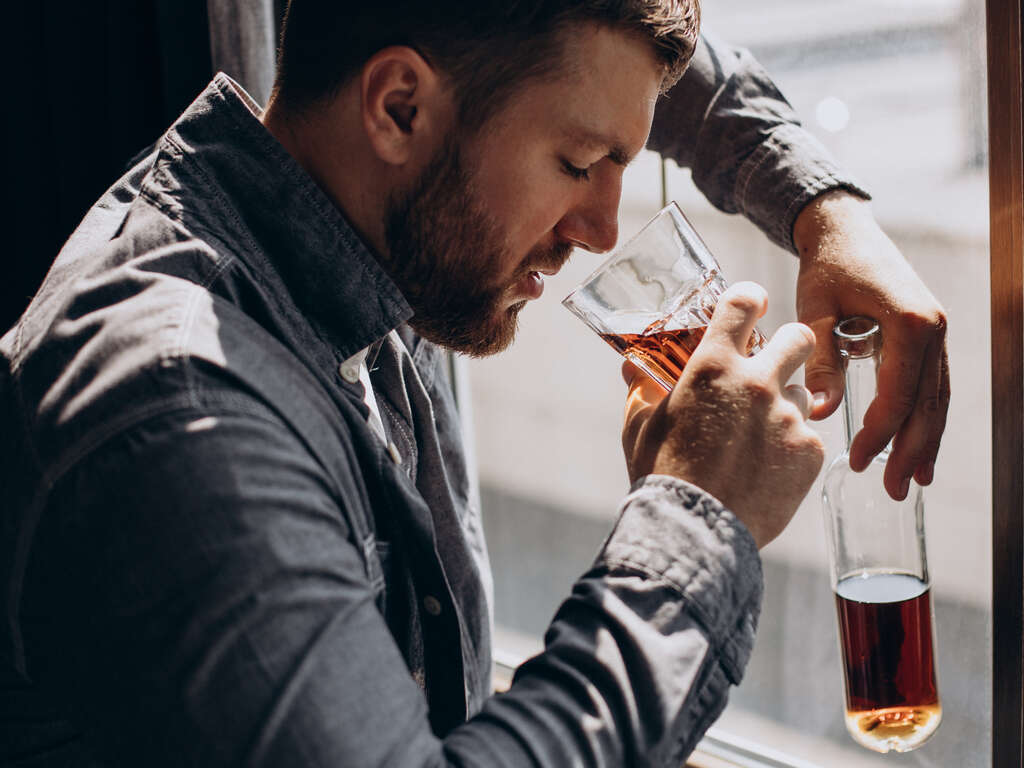
Relapse Prevention
Relapse into drug or alcohol addiction has recognizable stages and warning signs of relapse. In treatment, patients learn how to recognize the early stages and warning signs, improving their chances of preventing full-blown relapse. Cognitive therapy and mind-body relaxation are the primary tools to prevent relapse. Support groups and recovery meetings also help sustain recovery.

Trading Addictions
People in recovery from a substance use disorder following addiction treatment sometimes trade one drug use or addictive behavior for another. Becoming compulsively involved in an activity such as work or exercise can be a positive, but if the person is trading for a new addiction for the old one, it may interfere with their drug abuse or alcohol abuse recovery.

Relapse Definition
Relapse is a return to using drugs or alcohol after an attempt to stop. Relapse rates for substance use are similar to those for other chronic medical conditions. People who abandon their approved drug rehab continuing care treatment, including relapse prevention plans, are more likely to relapse into old habits of substance dependence than those who stick with their plan.
